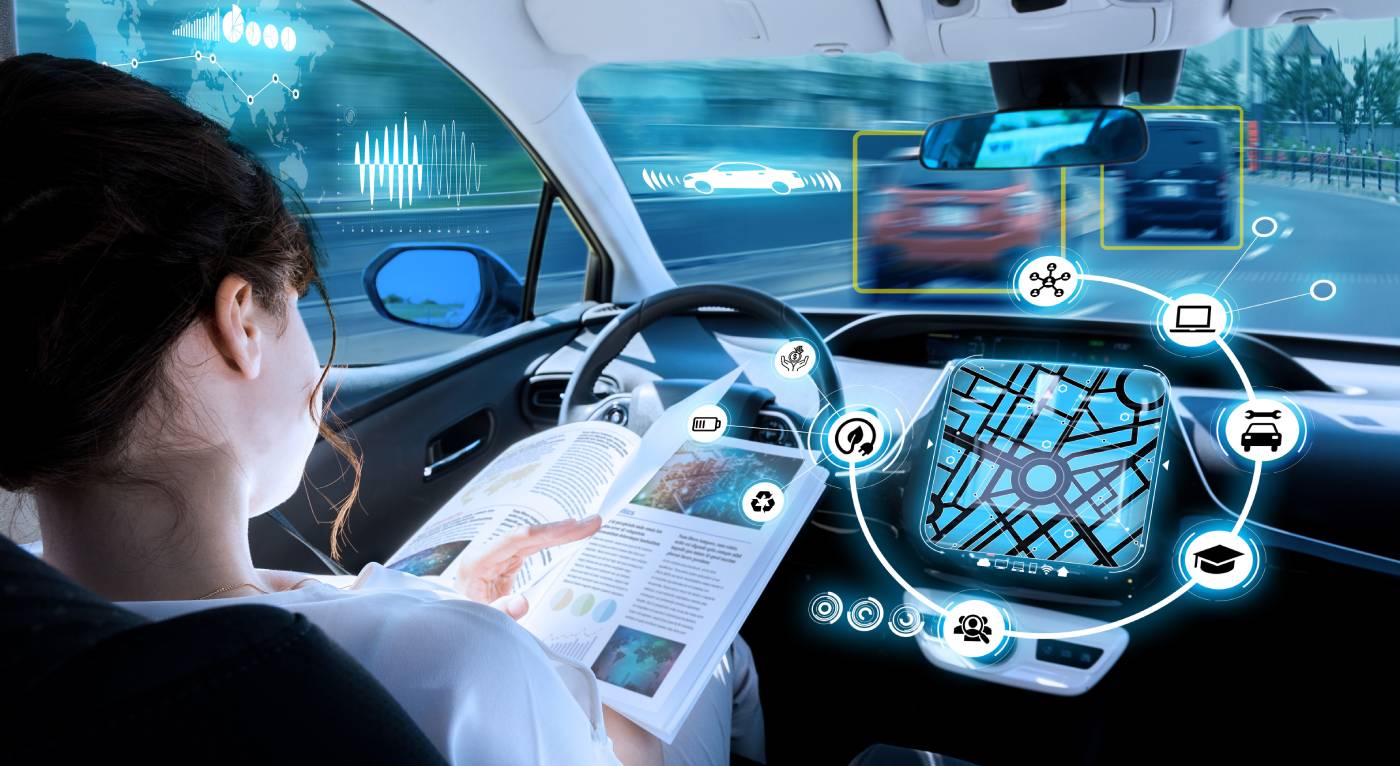
New mobility concepts, advancing digitalization and networking, but also new market players are changing the way we look at vehicles and their future use. This means that the importance and relevance of aftersales services are also changing. At EDAG, these already start during the product development process.
The future of mobility is being determined by paradigm shifts - also in the importance of aftersales. In cooperation with EFS Consulting, we have developed a strategic end-to-end concept that successfully enables today's vehicles to "grow into" tomorrow's tasks. This begins during the conception phase and continues with vehicle development, through to lifetime service. We call this next-level aftersales.
Digitalization, telematics, vehicle networking, new sales structures, and the development of cities into smart cities are not only making completely new demands on vehicles and their utilization concepts, they are also redefining aftersales. It is no longer spare parts that define the core business. Instead, the focus is increasingly on digital function validation and extension, but also on software updates and data analysis.
The days of thinking of aftersales primarily in terms of spare parts and service checkbooks are definitely over. Digitalization is resulting in increasingly complex vehicles which are being equipped with more and more digitally networked features, in order to be able to respond as individually as possible to the needs of customers and users. As vehicle developers, it is therefore our task to continuously optimize our products, focusing on ensuring that they meet increased demands and are free of defects. We link this process with an all-round perspective and merge it directly with aftersales issues.
Mobility and its integration into digital ecosystems are governed by legal and regulatory guidelines. This is also reflected in next-level aftersales. In an end-to-end concept, meeting increasingly demanding safety and data protection requirements is not the only thing that matters. In practice, this also has a profound effect on benchmarking, on ensuring the requested process quality, and on analyzing the market entry of new OEMs.
Next-level aftersales is more than repair shop, maintenance and the availability of spare parts. Our aim is basically to link all facets of the vehicle's use with the product's life cycle (therefore ensuring mobility) - for every conceivable use case, and tailored to the particular target group. To this end, not only subsequent warranty services and concepts for continuous parts and process optimization are integrated into the product development process at an early stage. This also results in contents and didactic approaches for appropriate training courses for repair shop and service personnel.
A new end-to-end service adapted to market and customer requirements also calls for the provision of appropriate workshops for redefining the repair shop's business model in terms of location, equipment and service portfolio. Here, too, next-level aftersales opens up new horizons for partners.
Our aim is to create an end-to-end aftersales IT setup. One that is perfectly adapted to the particular market and product characteristics. We lay the foundations for this by integrating existing structures. The important thing here is to ensure smooth operation at operative level by providing an optimum network between the partners and comprehensive evaluation of all relevant data. In the process, our IT systems act as central data hubs for all information essential to the smooth running of operative aftersales activities.
For a long time now, it has no longer simply been a matter of developing very good mobility solutions. We also need to integrate them intelligently into new digital living and working environments. To this end, we link vehicles, their manufacture and the infrastructure in the city and countryside. Everything is networked, everything communicates with everything else. Even now, there are already a multitude of different data points in a medium-sized vehicle, permanently transmitting and receiving not just driving data, the state of operating materials and individual components, but also the vehicle's environmental data.
More and more, therefore, smart vehicles are developing into a fully integrated component in the mobility ecosystem. This is the aim of our integrated next-level aftersales development concept. This includes smart mobility, smart infrastructure, smart government, smart people – a real game changer.
As a basic principle, next-level aftersales is always centered on the customer and customer satisfaction. This way, far from being some kind of "irritating" extra, aftersales makes the product and the associated process a transparent and trouble-free experience. This opens up exciting prospects for OEMs in the form of new business models, value-based loyalty programs and upselling options along the customer journey, for example.
Digitalization and sustainability: these megatrends are developing the mobility of the future. In increasingly crowded urban environments, holistic perspectives and green economy instruments are called for. These must also be anchored in next-level aftersales.
Emission-free eMobility, resource-saving battery concepts, the use of sustainable materials, and connection to a climate-neutral 'green' energy infrastructure have long been obvious fixed points for shaping the mobility of the future. Vehicle concepts in which aftersales and lifetime service form an integral part are clear pointers in the right direction. In this respect, EDAG and EFS Consulting have a broad basis and are competently positioned.